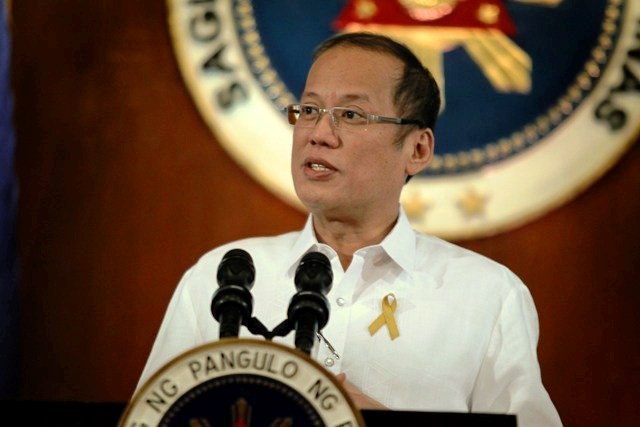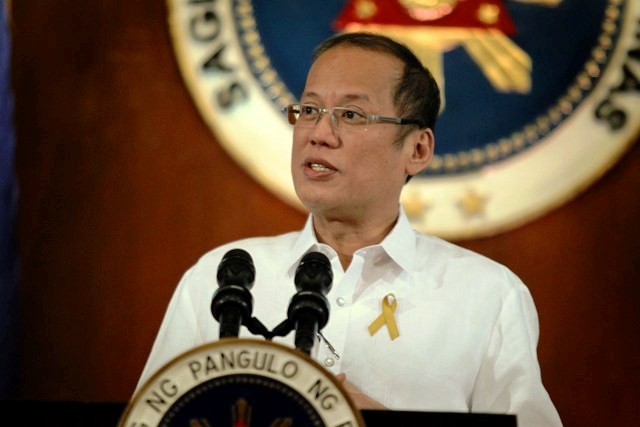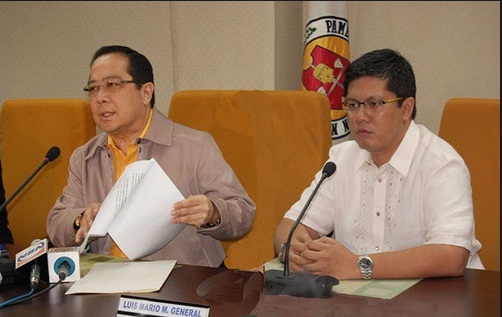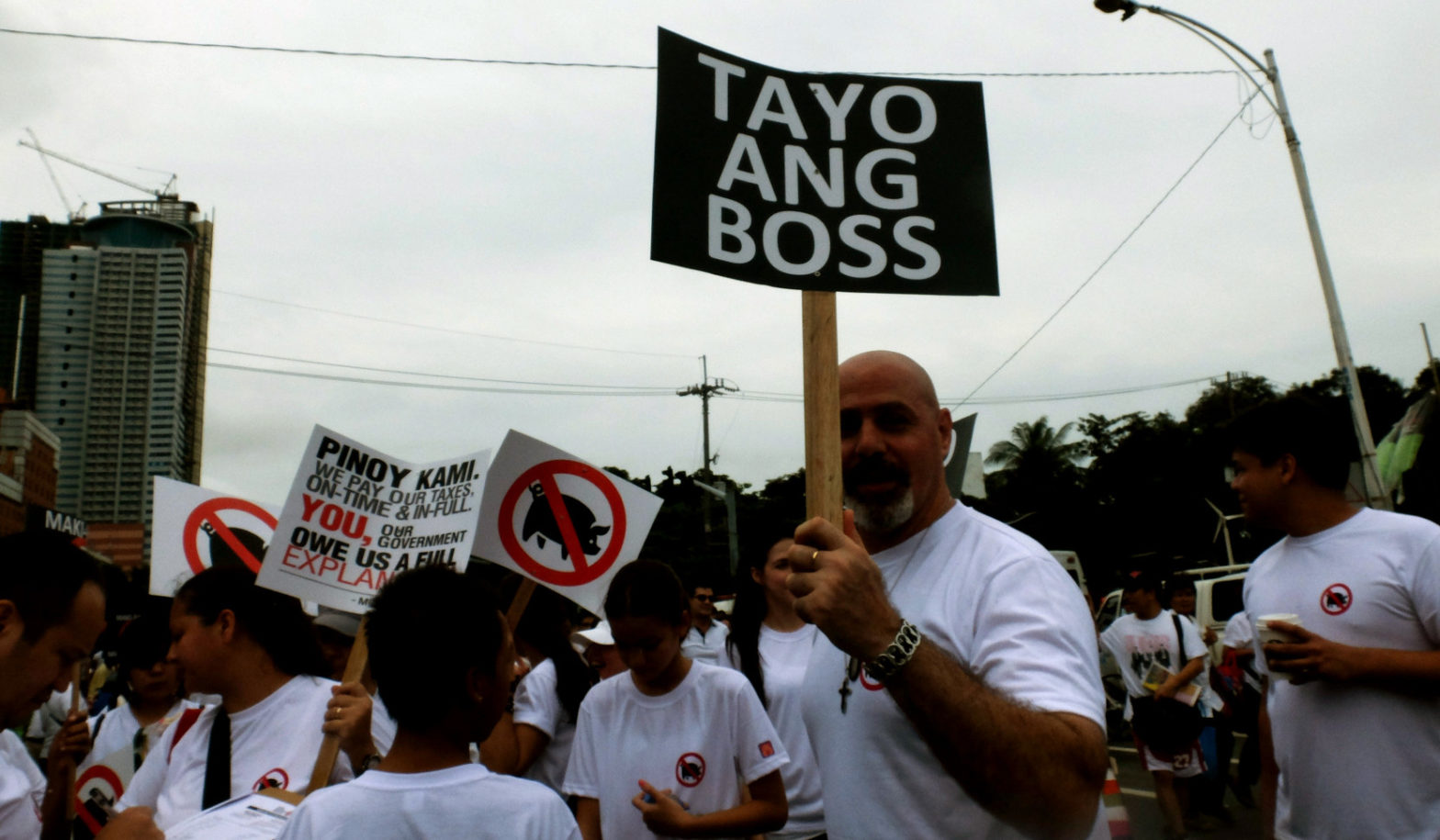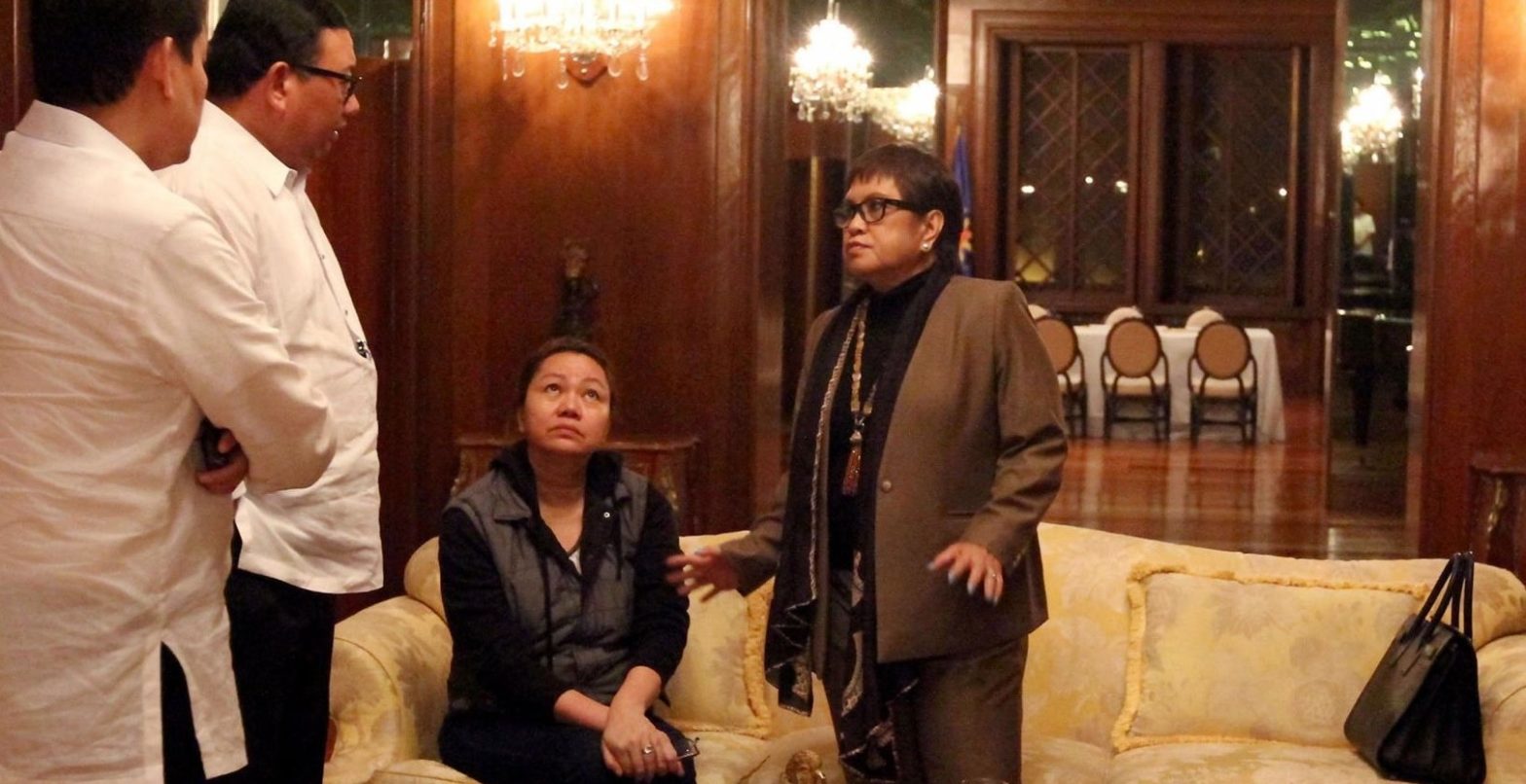![]()
By YVONNE T. CHUA
PRESIDENT Benigno S. Aquino III announced Friday his administration is set to “abolish” the infamous Priority Development Assistance Fund, or PDAF. But “pork barrel,” in reality, is staying.
In Aquino’s own words, legislators will retain the discretion to “identify and suggest projects” for their districts under a new mechanism the budget department and Congress will hammer out.
The epitome of transactional politics, pork barrel, or simply pork, refers to appropriations and favors obtained by a representative for his or her district. The funds are discretionary in nature.
The new setup Aquino is envisioning will, in effect, not abolish pork but simply centralize the district funds—PDAF will likely just be given another name—under the executive department.
But, as important, what should be made clear is, PDAF is but one, albeit the most conspicuous, form of pork barrel.
Aquino’s speech is palpably silent on all other forms of pork barrel funds currently in the national budget that have likewise lent themselves to abuse and misuse: among others, the multi-billion-peso Public Works Fund (now called Various Infrastructure including Local Projects or VILP) in the Department of Public Works and Highways, those embedded in other government agencies such as the Department of Agriculture, lump sum appropriations and other discretionary funds.
These will remain intact simply because they have not of late been at the center of mind-boggling Napoles-like scams.
In short, PDAF will be abolished, but not pork barrel.
Aquino has attributed the scandalous abuse of PDAF to the collusion among “a former President ready to trade favors just to remain in power, legislators, and members of the bureaucracy who were willing to conspire, enabled by a passive and indifferent citizenry.”
History has shown, however, that pork barrel allocations have been misused since they were first introduced in the country in 1922. No less than Aquino’s great-grandfather, Juan Sumulong, had assailed fellow lawmakers abusing this privilege. The year: 1925. (See “Pork by any name” for a brief history of pork barrel in the Philippines.)
But no amount of hue and cry over the decades from within and without the halls of Congress would move governments to get rid of pork barrel.
PDAF’s predecessor, the Countrywide Development Fund (CDF), would, in fact, be introduced in 1990 by Aquino’s mother, then President Corazon Aquino, for “soft projects” in addition to the Public Works Funds and similar funds.
The Commission on Audit’s special audit on the 2007-2009 PDAF is by no means the first and only audit of pork barrel money. A string of special audits on the CDF more than a decade ago had also uncovered “scams” involving legislators and government agencies, and the demand to abolish pork had been resounding for years.
But these have had little impact. In 2000, then President Joseph Estrada turned back on his campaign pledge to abolish pork and simply converted the CDF into PDAF. His bureaucrats were quick to assure the public that safeguards against abuse and corruption would be put in place.
Obviously, the safeguards have failed.
On Monday, anti-pork Filipinos have vowed to gather a million people at Luneta to demand the scrapping of the “pork barrel system.” One can only hope that they will see through Malacanang’s doublespeak.
